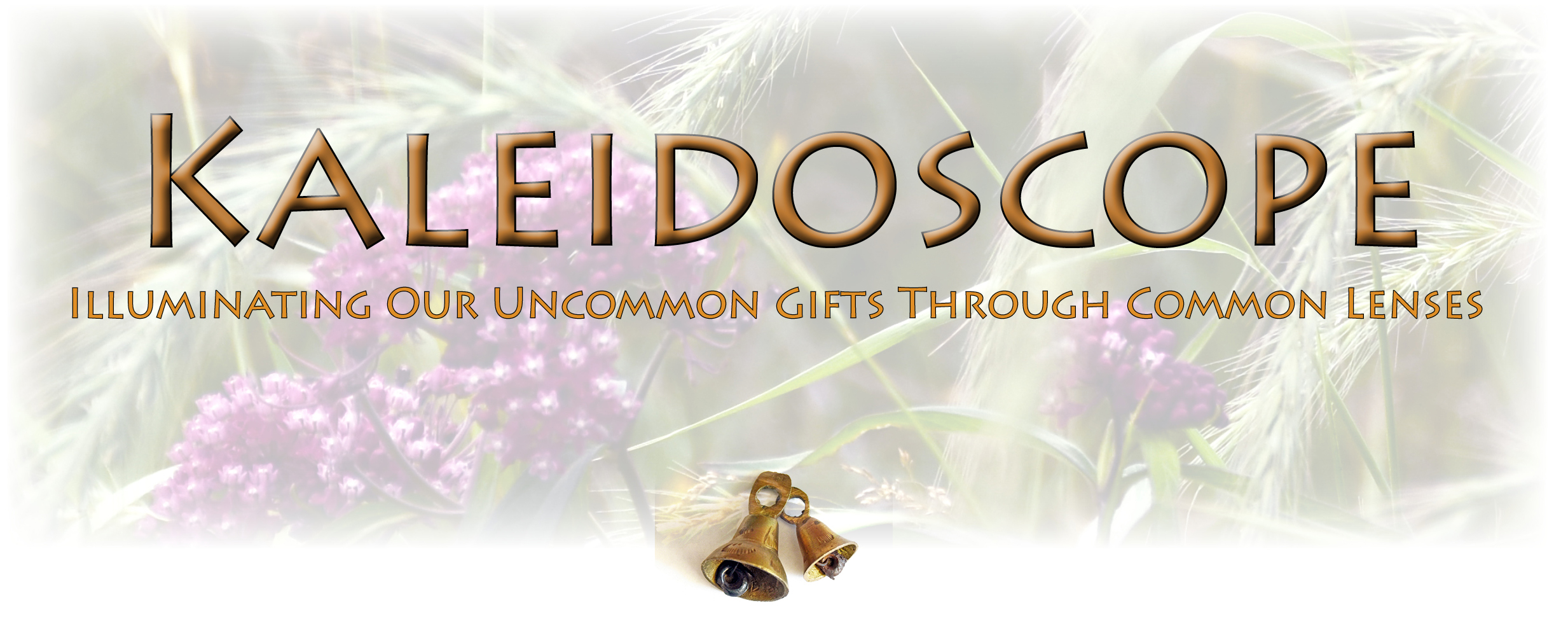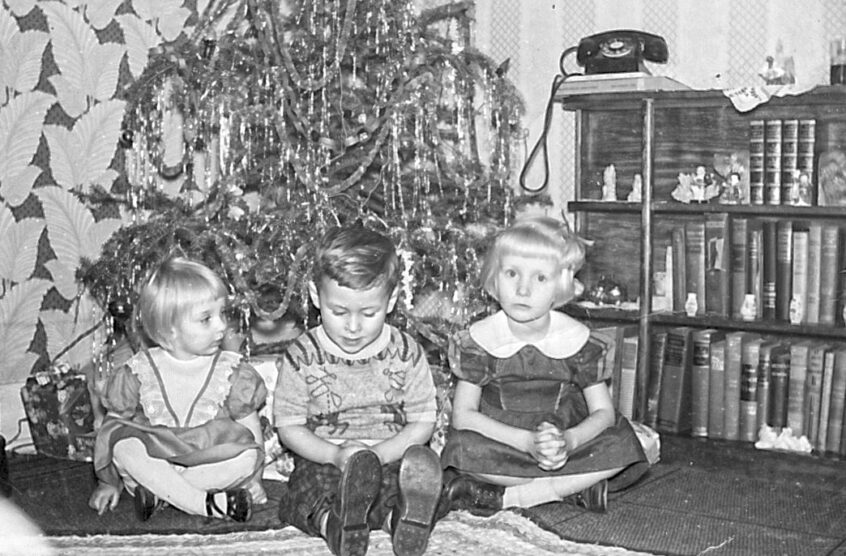A conceptual model is an explanation, usually highly simplified, of how something works.
It doesn’t have to be complete or even accurate as long as it is useful.
~ Don Norman, The Design of Everyday Things
Measurements of time in such units in days, weeks, and years, are conceptual mental models that help us make sense of our world both individually and collectively. The Julian calendar with January 1 as the beginning of a new year was initiated by Julius Caesar in 45 BC. Pope Gregory XIII introduced the Gregorian calendar in 1582. It’s the calendar most of the world uses today. It’s said that the units (days) of the Gregorian calendar are more accurate than those of the Julian calendar. However, with each day being 10.8 minutes shorter than on the Julian calendar every four years we have to add an extra day in February to make up for the difference. All of this is so common to us that we take it for granted. I mean, seriously, what would we do without clocks and calendars?
As a child, I took it for granted that every year had two different Christmas and New Year’s celebrations. My mother grew up on The Leech Lake Reservation in northern Minnesota as Missouri Synod Lutheran. My father’s family, immigrants from The Balkans, also lived in northern Minnesota but in an environment that was culturally very different from my mom’s. They lived on The Mesabi Iron Range and my father grew up as Serbian Orthodox. Thus, December 25 and January 1 were Mom’s family’s dates for celebrating the holidays while Dad’s family had those same celebrations on January 7 and 14. Different calendars, different mental models of time. Our immediate family celebrated both. I saw nothing unusual in it. I didn’t even think about it.
As for me, over the last four years, my new year has begun on January 20. That date marks the completion of another year of emails and the launch of a new direction. I thought 2020, Fire and Ice, would be about climate change. However, the pandemic quickly trumped that notion.
As 2020 has progressed I’ve heard conversations where people say they cannot wait until 2020 is over so we can start a new year – as though the turning of the calendar will launch us into something different. Yet, while the bunnies that live under the shed in our backyard may notice the cycle of days, the cycle of the seasons, and maybe even the cycles of the moon, they won’t notice when the calendar shifts ‘the world’ from 2020 to 2021. Neither will the coronavirus. For most of life on earth, that shift from one year to the next is just another day.
At the same time, symbolically and ritually, for humans, the coming of a new year is about honoring the past and hopes for the future. It offers us a special opportunity to reflect and refresh as we continue to move into our always unknown future. And, simultaneously, even with all of our focus on our mental models of time and their usefulness in our lives, the greatest gift we can gain as we move into a new year is a deepening comprehension of how all we truly have is the present, this very moment – which lives outside of our mental models of time. What a precious gift it is!
With that, Happy New Year!
.

